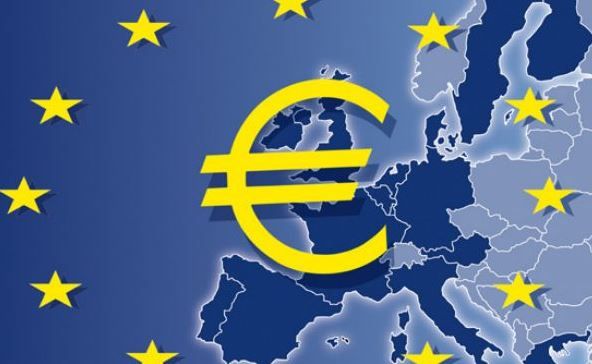The euro area is recovering, but the medium-term outlook is weak, the IMF said on Friday, stressing that members need to rebuild faith in the monetary union.
The IMF also downgraded projections for growth in the eurozone.

The eurozone’s economy is forecast to expand by 1.6 percent this year and 1.4 percent in 2017, down from previous expectations of 1.7 percent expansion both this year and in 2017.
Inflation and inflation expectations remain low, high unemployment and debt, in addition to structural weaknesses and low productivity, continue to weigh on the medium-term outlook.
The estimates are based on Britain striking a favourable deal with the EU, similar to the so-called Norway model, which grants the UK access to the EU single market.
The IMF believes that external demand could weaken, while political risks have risen, mainly due to uncertainty regarding the outcome of the referendum in the U.K. and its new economic relationship with the European Union.
The IMF said in its report that directors “encouraged a smooth and predictable transition to reduce uncertainty. In addition, an intensification of the refugee surge could prompt additional border controls and hinder free movement within the single market.”
Euro area is at “a critical juncture”
Mahmood Pradhan, mission chief for the euro area, made the following comments:
“The euro area is at a critical juncture. The progress made during the acute phase of the crisis and the recovery should not lead to complacency about the underlying challenges. Policymakers should seize this moment to reverse the rising tide of Euroscepticism and strengthen the monetary union by acting together. Muddling through is increasingly untenable,”
“The fragile recovery that started in the euro area in 2014 has strengthened on account of consumer spending as more people find jobs, lower oil prices, a neutral fiscal stance, and accommodative monetary policy. However, medium-term growth prospects remain less bright. “Inflation remains too low, and weak investment, still high unemployment, and the aging of the population will continue to hurt productivity, raising the risk of stagnation,” Pradhan added.

